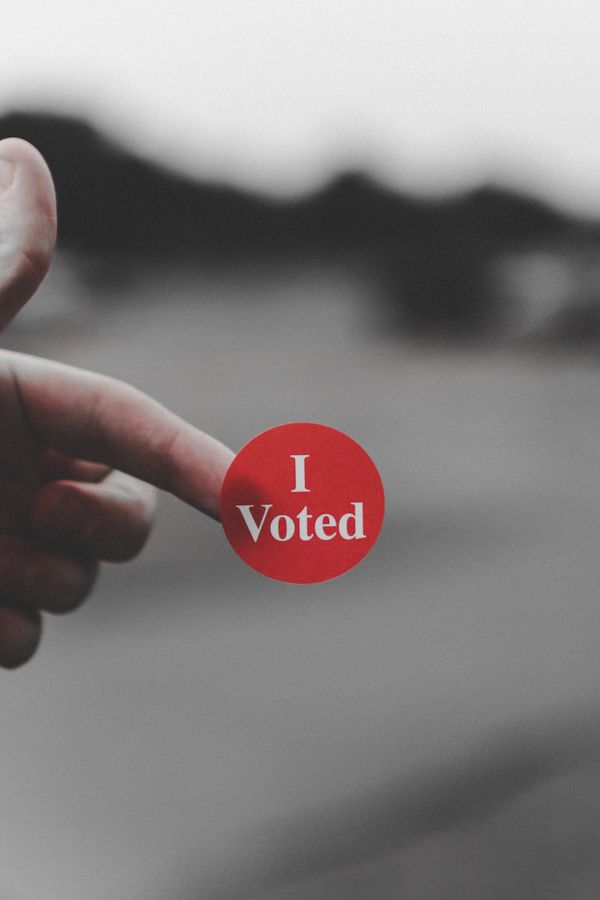The day you decide you want to devote your life to understanding our judicial processes and governmental system is a big one. You expect your four years to be filled with internships, public opinion polls, debates, etc. but as someone who is starting their second year of studying poli-sci, I've found very little of any of that. But here's what you can expect:
1. Your friends expect you to know every current event.
"So, what's this whole Brexit thing about? Wait, why are people protesting in Charlotte? Where was there an earthquake?" We are not the news, people. If you genuinely want accurate and concrete information on something, you'll have to Google it. It's impossible to know everything happening everywhere all at once.
2. Your professors expect you to know every current event.
Even in AP Government in high
3. You've heard, "I'll vote for you when you run for president!"
Believe it or not, not everyone in political science wants to be an actual politician. You can be a lawyer, work for FEMA, take public opinion polls, run a business, work on a campaign and many other not-holding-an-actual-political-office things.
4. You get yelled at by uneducated people a lot.
If there's an inaccurate article shared by your aunt Sharon on Facebook or the girl that was in your biology class in high school posts a really ignorant tweet, you get mobbed by people for trying to correct them. I once tried to explain that the electoral college is who actually elects the president to a classmate and was accused of "inhibiting his opinions." There's really no reasoning with some people.
5. You've been told, "Political Science can't be that hard, right? It's not actual science."
While there aren't any chemicals or labs, there is definitely a science behind finding public opinions, calculating results and trying to understand how people develop political behavior. Define logrolling, Baker v. Carr and gerrymandering without looking it up and then tell me how easy political science is.
6. Some people seem to think there are "right answers" to important societal questions, and that we have all of them.
I've been asked many times what the "correct vote" is for certain policies such as same-sex marriage, birth control issues, immigration laws, etc. I can tell you what I believe to be right but there's a reason we vote on these things: there isn't an inherently correct answer. Most issues like these are ones that people need to reflect within themselves to discover what they truly want for the people of our country.
7. You're pretty much the parent of your friend group when it comes to voting.
The number of times I've said, "IT'S YOUR CIVIC DUTY. PEOPLE FOUGHT FOR THIS RIGHT." in the last few months is unholy. I literally have voter registration and absentee ballot papers sitting in my room because I know someone is bound to need them at some point.


























